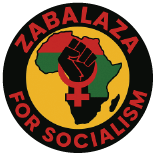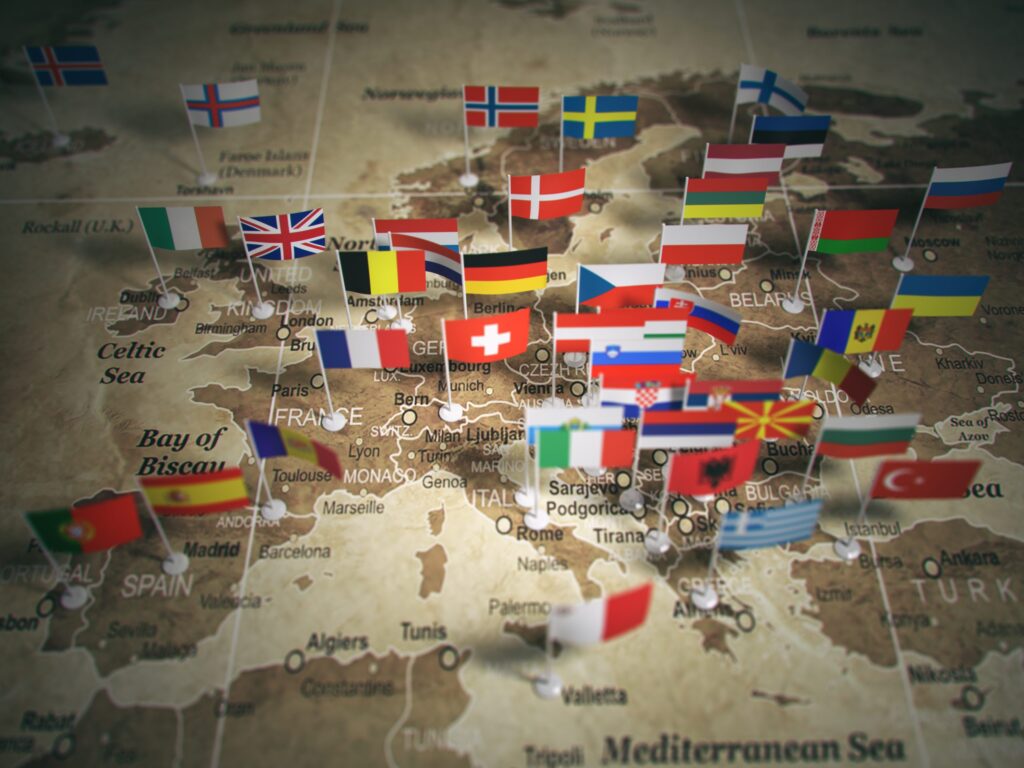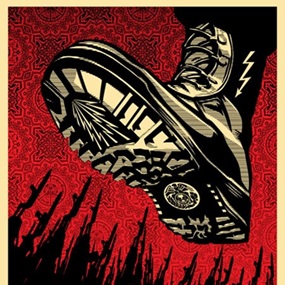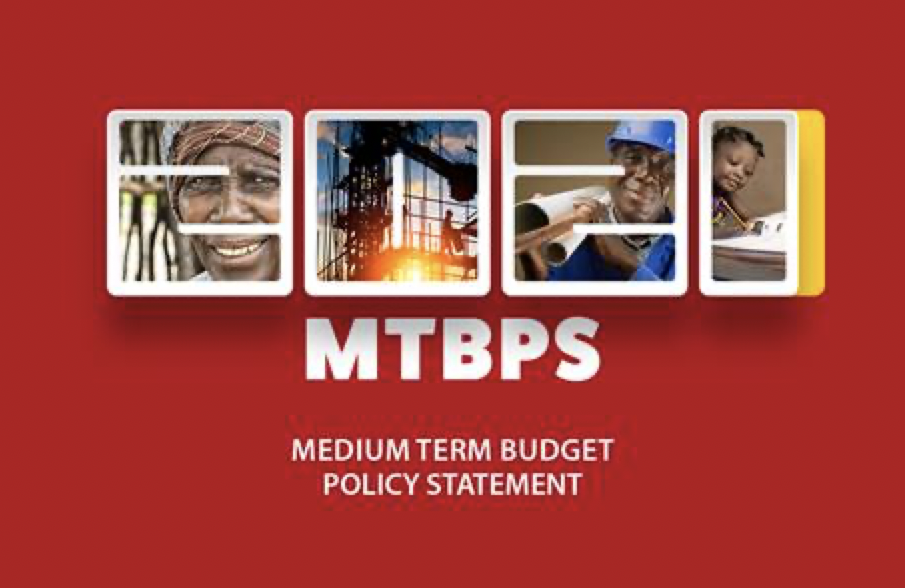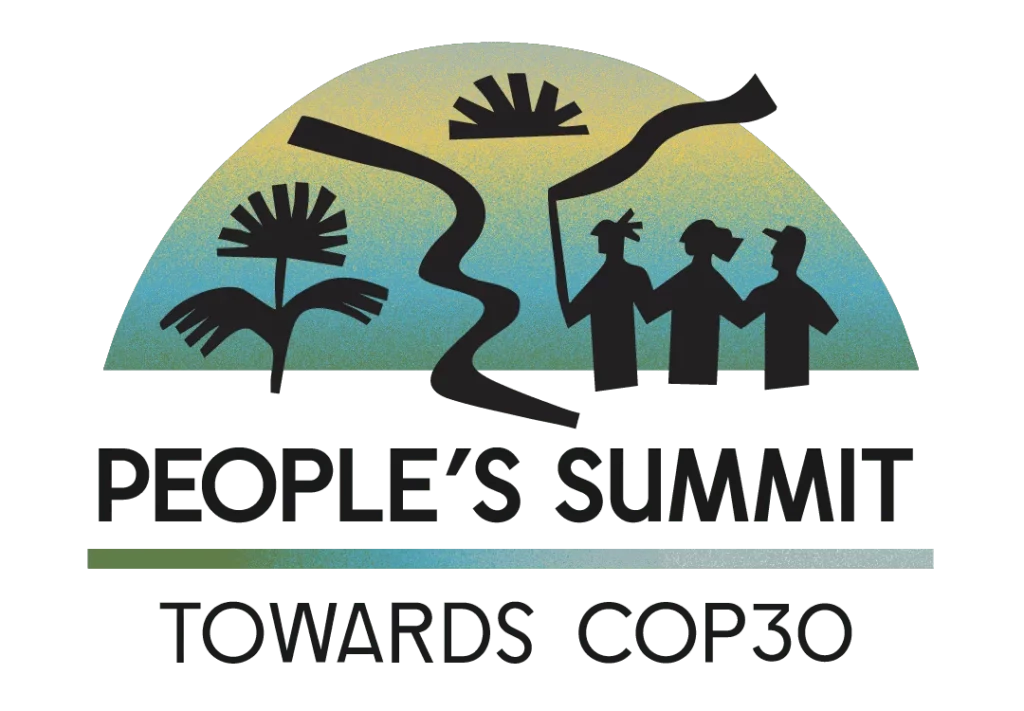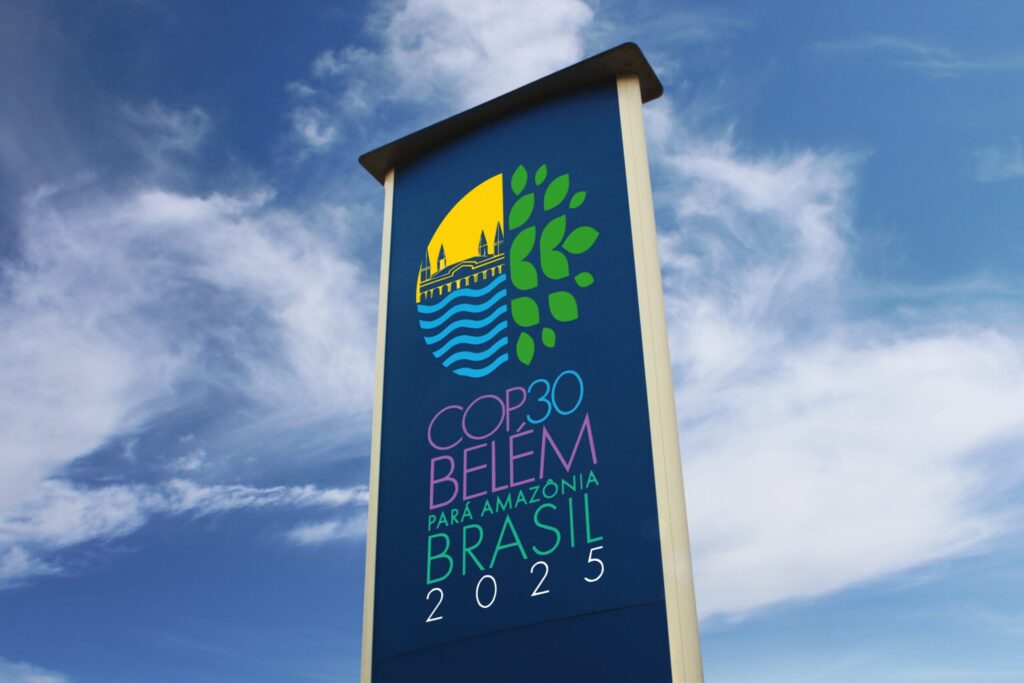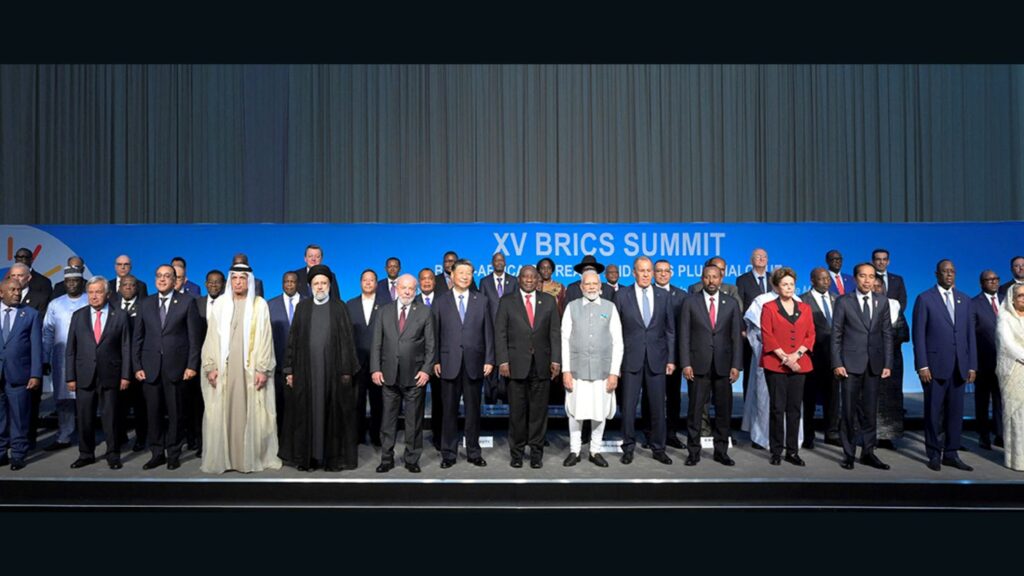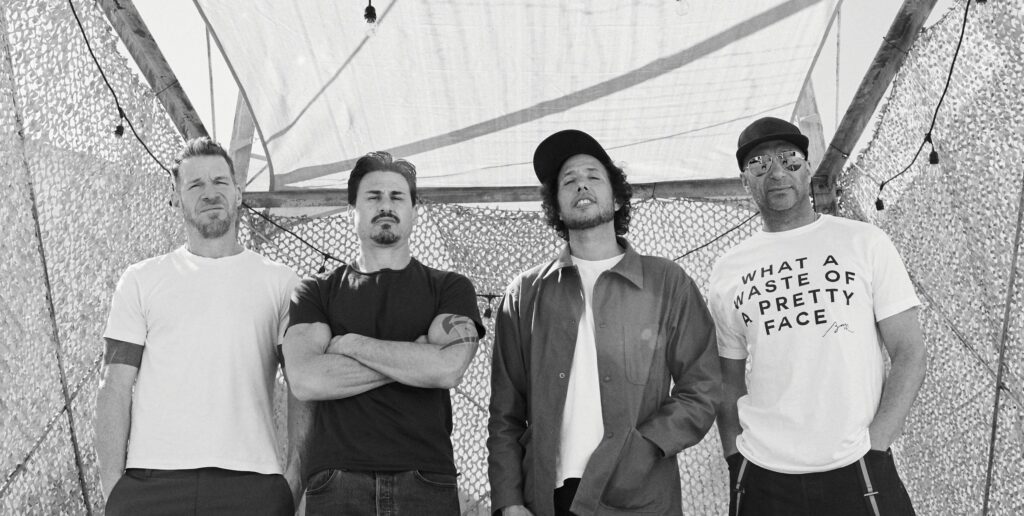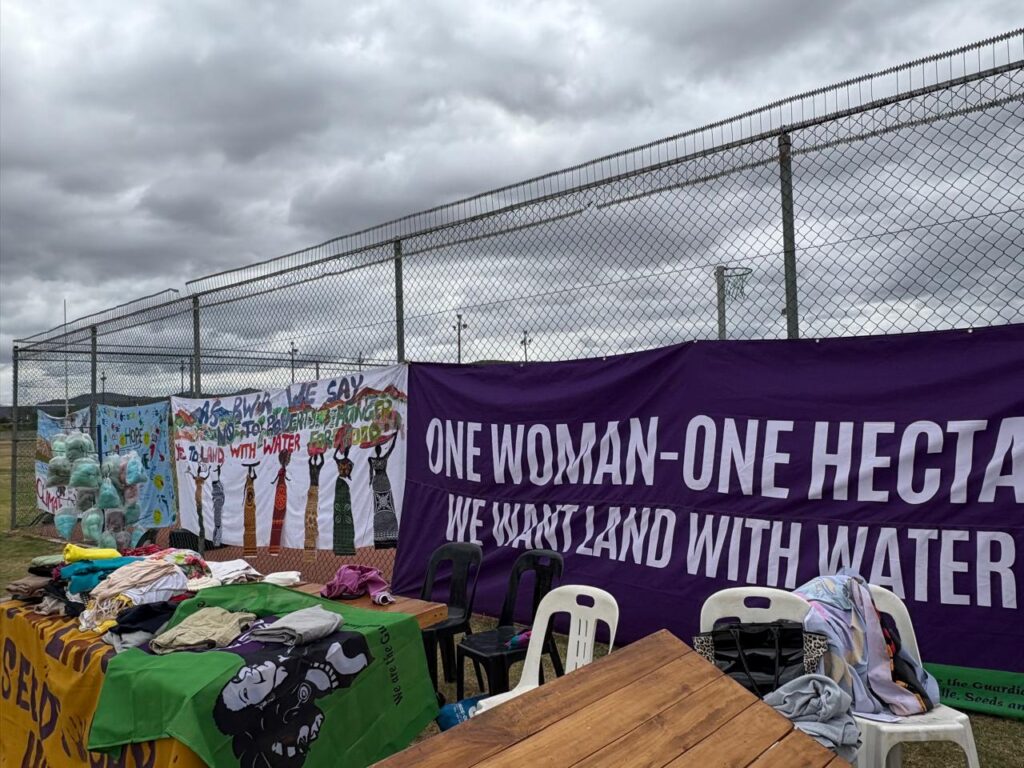Introduction
The 2010s marked a decisive rupture in European politics. In the aftermath of the global financial crisis in 2008, a wave of disillusionment swept across the continent, eroding public trust in traditional parties and institutions. Amid deepening economic insecurity, rising migration, and cultural anxieties, far-right movements surged—not just on the margins, but into the heart of political power. From France to Hungary, Italy to Sweden, far-right parties have entered parliaments, formed governments, and reshaped national debates, particularly around immigration, national identity, and sovereignty.
Mainstream commentary often frames this phenomenon as part of a broader populist wave, driven by social media, cultural backlash, or disinformation (often equating the far right and far left simply as different ends of the populist spectrum). But the far right’s rise is not just this—it is a political symptom of the deeper problems of 21st-century capitalism. Austerity, precarity, and the hollowing out of democratic institutions, have created fertile ground for reactionary forces to grow. These movements offer distorted answers to real grievances, redirecting class anger toward scapegoats rather than the capitalist system that produces inequality and crisis.
Marxists recognise much of this as expressions of deeper, systemic roots: the clash between the never-ending chase for profits over the needs of our people and our planet, the erosion of working-class power, and the failure of liberal democracy. This article traces the evolution of the far right in Europe from 2010 to the present, examining its class character, ideological strategies, and political trajectory. It also explores the forms of resistance that have emerged in response—culminating in the remarkable unity of the French left in 2024, which offers lessons for building a movement capable of halting the far right’s electoral advances.
For South African activists, this is not a distant phenomenon. The global capitalist system links our struggles. The same forces—economic crisis, austerity, corruption, xenophobia, and authoritarianism—are fuelling the rise of organisations like Operation Dudula and online campaigns such as ‘Put South Africans First’. Understanding the European far right’s rise offers insights into how reactionary politics emerge, how they serve and are supported by the rich and powerful, and how they can be resisted.
Crisis and chaos; fertile ground for reaction
The 2008 global financial crisis shattered modern illusions in capitalist stability in Europe that had been championed by mainstream political parties in the late twentieth and early twenty first centuries. The ruling classes across Europe responded with austerity—cutting and privatising public services and public infrastructure assets, and deepening inequality. This intensified class conflict , especially in southern Europe, where unemployment and poverty soared to over 25%. The policies of austerity and cutting public spending became the norm in the wake of the 2008 financial crisis and led to a sharp downturn in economic activity across Europe. This was not a technical downturn, but a deliberate class project, a political choice: governments bailed out the banks and some businesses and so aiding their comrades in the ruling class, as businesses sought to restore profitability by offloading the burden of crisis onto the working classes. In Greece, gross domestic product collapsed by 9.1% in 2011 and 7.3% in 2012, while unemployment skyrocketed from 7.8% in 2008 to 24.5% in 2012 and 27.5% in 2013. Spain followed a similar path, and both Ireland and Portugal experienced mass joblessness and social disruption as people were forced to move away from their homes, families, and communities.[i]
These outcomes were not accidental—they were the predictable consequences of a government’s and bosses system that prioritised debt repayments and helping business restore confidence over human needs, profit before people. The social costs were immense: livelihoods destroyed, public services gutted, and entire generations condemned to insecure work. Even as the immediate debt crisis has receded, the structural unemployment it produced remains entrenched, revealing the enduring violence of capitalist crisis management.
In South Africa, we’ve seen similar dynamics: post-2008 economic stagnation, state capture, and pro-business changes have devastated working-class communities. As in Europe, the crisis of legitimacy for mainstream parties opens space for reactionary forces to pose as “anti-establishment” while defending the system based on wealth and privilege.
Fake radicalism of the Far Right
Far-right parties present themselves as anti-establishment, but Marxists understand them as instruments of bourgeois class rule. Their core function is to divide the working class—by race, nationality, religion, or gender—and to redirect anger away from business (capital) and toward scapegoats such as immigrants, Muslims, or the European Union (EU).
In Hungary, Viktor Orbán’s Fidesz has combined business friendly economic policies with authoritarian nationalism, attacking migrants, LGBTQ+ people, and the left. In Italy, Giorgia Meloni’s Brothers of Italy has pursued tax cuts for the rich while demonising refugees. In France, Marine Le Pen’s National Rally (RN) has softened its image but remains rooted in a tradition of fascist politics.
These parties do not challenge the capitalist system; they defend it by offering a reactionary alternative to socialist transformation that would redistribute wealth.
Far-right parties in Europe—like Fidesz in Hungary, the National Rally in France, and Brothers of Italy—claim to oppose the elites, the political establishment and the mainstream media. But in practice, they serve them while implementing policies that do not attack the centres of the power, they say they are against. Since becoming Prime Minister in October 2022, the far-right leader Giorgia Meloni has become much less critical of the European Union. In her first major speech to parliament, she described the EU as “the common home of the European peoples” reaffirming Italy’s commitment to the US led war machine NATO.[ii] Yet she and others continue to divide the working class along racial, national, and religious lines by scapegoating migrants, and particularly Muslims, and those fleeing war and poverty in Africa.
This mirrors the role of xenophobic and nationalist rhetoric in South Africa, where migrants are blamed for unemployment and crime, deflecting attention from capitalist exploitation and state failure. The parties that talk about Zulu tradition or a separate state for Coloureds are not a break from the system—they a reactionary shield that protects it whilst deflecting the blame from the rich and powerful.
Repression and the authoritarian turn
Across Europe, the rise of the far right has gone together with increased state repression. Protest bans, surveillance, and police violence have become normalised. In the UK a non-violent direct-action group, Palestine Action has been proscribed as a terrorist organisation, alongside groups like the Maniacs Murder Cult, a white supremacist, neo-Nazi organisation. In France, there was a brutal crackdown on the Yellow Vests. These were workers, small business owners, and students—who wore bright yellow safety vests and protested in the streets against low wages and the unfair treatment of poor and working-class people. These examples reveal the state’s readiness to defend big business and property of the rich with force.
South African activists know this well—from Marikana to Fees Must Fall, the state has repeatedly used violence to suppress dissent. The authoritarian turn is not unique to Europe; it is a strategy of capitalist rule in crisis.
The Far Right’s political messages
As the economic and social policies of all mainstream governments lose their appeal and legitimacy, the European ruling classes have struggled to maintain ideological control. In one poll, conducted for over 20 years, there are now negative levels of trust overall in 19 countries: Austria, Belgium, Croatia, Cyprus, France, Germany, Greece, Hungary, Iceland, Ireland, Italy, Lithuania, Poland, Portugal, Serbia, Slovak Republic, Slovenia, Spain and United Kingdom.[iii] Into which the far right steps with a distorted narrative: blaming globalisation, multiculturalism, and elites for the problems created by capitalist society.
This messaging often hides racism behind vague or coded terms—what’s known as “dog-whistle politics”. Instead of openly attacking migrants or minorities, far-right leaders talk about “protecting national identity,” “defending borders,” or “preserving Western values.” In France, Marine Le Pen’s National Rally has shifted from outright racism to subtler language about “insecurity” and “cultural threats.” In Italy, another far-right leader, Matteo Salvini, talks about migration as a “burden” on public services.
In South Africa, similar tactics are used to blame migrants for unemployment or crime, deflecting attention from systemic failures. These narratives don’t just scapegoat—they divide the working class and distract from the real causes of inequality: business friendly policies and corruption.
Such arguments and finger pointing connects with sections of the middle classes and self-employed – small businesses and parts of the working class—especially in areas devastated by deindustrialisation or political neglect. In South Africa, similar arguments have been weaponised to pit locals against migrants, or to frame social decay as a moral rather than an economic and political crisis caused by the ANC and others.
Resistance and the Rebirth of the Left
Despite the far right’s advance, resistance has not been absent. In Europe, movements like Spain’s Indignados, Greece’s anti-austerity uprisings, and France’s Yellow Vests have challenged both pro-business policies and authoritarianism. While many faced setbacks, they laid the foundation for renewed class struggle. In Spain, the Indignados movement and later a new political party of the left called Podemos challenged the political establishment. In Greece, the left-wing party Syriza briefly raised hopes of a break with austerity. In the UK, Jeremy Corbyn’s leadership of the Labour Party galvanised a new generation of socialists, particularly the young. And in France, the Yellow Vests and mass strikes showed the power of working-class resistance. While many of these movements faced setbacks, they laid the groundwork for renewed left unity and class struggle.
In South Africa, the legacy of resistance is deep—from the anti-apartheid struggle to contemporary movements like Abahlali baseMjondolo movement. The challenge we all face is to build sustained, class-conscious resistance that can counter both the pro-business policies and reactionary nationalism, whilst offering a much-needed alternative at election time.
France 2024: unity in resistance against the Far-Right
In 2024, France stood on the brink of electing its first far-right government. Marine Le Pen’s National Rally (RN), with its political roots in the Hitlerian Ordre Nouveau, led in parliament by Jordan Bardella, dominated the European elections. This prompted the centrist President Macron to call snap parliamentary elections in a bid to outmanoeuvre the opposition.
Polls showed RN nearing 30% support, triggering panic in financial markets and mass mobilisation across civil society. In response, the fragmented French left—including Socialists (like the UK’s Labour Party), Communists (like the SACP), Greens, and France Unbowed (LFI) formed the Nouveau Front Populaire (the New Popular Front) (NPF), setting aside internal divisions to confront the fascist threat.[iv]
Over 200 candidates from the left and Macron’s centrist bloc withdrew from the second round to avoid splitting the anti-RN vote. This united strategy worked: the NPF secured 188 seats, Macron’s Ensemble 161, and RN just 142—falling short of a majority.
This moment demonstrated that even fragile unity can block the far right’s advance. But for South African Marxists, it raises deeper strategic questions about how to build principled unity in action without capitulating to a pro-business force like the Government of National Unity (GNU). Is it possible to confront reactionary politics without sacrificing class independence?
France 2024 offers both inspiration and caution: unity can win battles, but the war against fascism and capitalism demands a revolutionary strategy rooted in working-class power. An approach that doesn’t simply rely on an electoral strategy but one that seeks to play to the strengths of the working classes, in the workplaces, communities, the streets and campuses.
Unity in action: Lessons from France, warnings for South Africa
France’s NPF beat the far right—but at a cost. By teaming up with capitalist parties, the left won votes but lost its edge. Radical socialist politics got watered down, and real change was sidelined.[v]
South Africa faces a similar choice. Do we build power from below, or get stuck in elite deals that leave the working class behind? The answer lies in the workplaces, communities and the streets, not parliament and the boardrooms.
Movements like Abahlali baseMjondolo and KAAX are showing the way. They fight xenophobia, defend the poor, and stay independent from capitalist influence. They organise with the people, not for the politicians.
The lesson? Don’t trade principles for power. A real united front means uniting workers—across race, nationality, and gender—not making peace with the bosses.
To beat the far right and the system that breeds it, we need a campaigning new left rooted in struggle, not compromise. The ballot box is just one tool. The real power lies in mass action, solidarity, and socialist principles.
This is why in a period of political volatility, Jeremy Corbyn and Zarah Sultana’s public call to build a new left-wing party has lit a fire under grassroots activists, trade unionists, and socialist organisers across the UK. Now as independent, left-wing, Members of Parliament, and no longer tied to the Labour Party’s pro-business drift, their move signals a real potential break from the stale politics of compromise. As they, and others, have made very clear, this isn’t just about elections—it’s about building a campaigning force rooted in working-class communities and workplaces, ready to take on the far right, Nigel Farage’s racist Reform Party, and the a capitalist system that fuels them both.
Over 800,000 people have signed up to the ‘Your Party’ email list, and while the party hasn’t formally launched yet, and those people have to be turned into signed up members, the energy, excitement and hope is real. From Devon in the south to Preston in the north, mass meetings are already happening. People are debating structures, preparing to form branches, and imagining a party that stands for solidarity, anti-racism, and economic justice. It’s a grassroots surge, inspired in part by the massive Palestine solidarity protests that have taken place since October 2023. Notably, it’s already based on rejecting elite consensus in favour of mass mobilisation and being rooted in local communities and places of work.
For South African socialists and campaigners fed up with the ANC and the Government of National Unity (GNU), this is more than just interesting—it’s strategic. Corbyn and Sultana’s move shows what’s possible when principled leaders break from reformist politics and call for a new, independent, working-class party. In a country where elite deals have failed the poor since 1994, this moment offers lessons in how to build from below, resist co-optation, and fight for a socialist alternative that’s democratic, militant, and rooted in real struggles.
Sure, the histories are different and there are no guarantees—but the question is the same: can South Africa’s left do something similar? Can leading figures from unions, movements, and communities come together, make a bold call, and build something new? Maybe it’s time to give it a bash?
Unemployment and sovereign debt crisis in the Eurozone: A k-means-r analysis – ScienceDirect
After One Year of Governing Italy: What Can Europe Expect from Giorgia Meloni?
Political trust in the European Social Survey | Comment | Encompass
